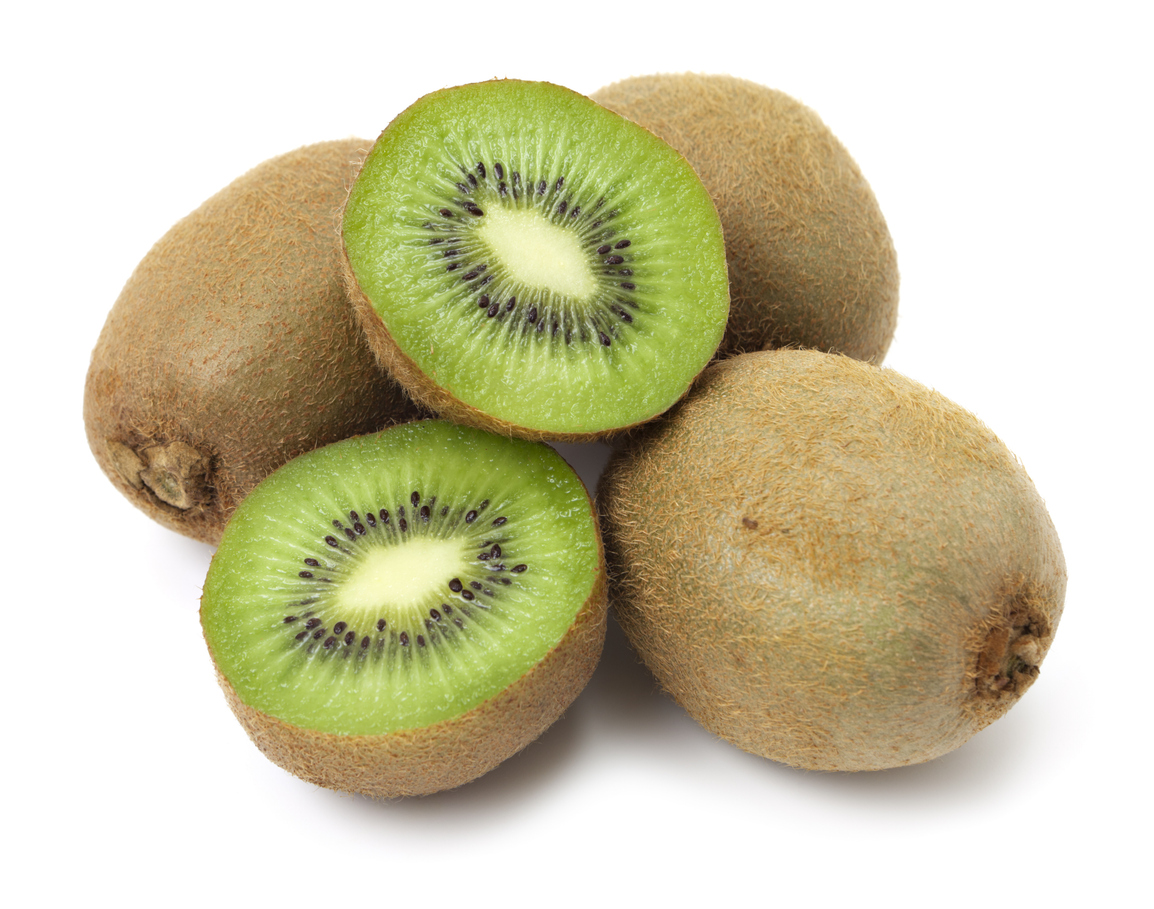How to Help Constipation Naturally
By Lucy Sugars, Nutritional Therapist
Constipation is common—from occasional delays during travel, after childbirth, or after indulgent weekends, to issues that last years. It affects roughly 1 in 7 adults and 1 in 3 children, but we all tend to feel better having a daily bowel movement that comes without strain.
Quick note: If you experience any persistent changes for over two weeks—like blood in your stool—please check in with your GP to rule out anything more serious.
If you are someone who finds they are regularly constipated have a read of my top tips for how to get rid of constipation below. You can also get in touch for an appointment for an approach specific to you.
1. Add Fruit-Based Natural Laxatives
Including fruits like kiwi, mango, papaya, figs, and prunes can make a big difference. They naturally boost water in your gut, soften stools, and stimulate bowel movements. Avoid juice and opt for whole fresh or dried fruit. Add fresh or dried fruit to smoothies, porridge, or snacks. Aim for 1–2 ripe kiwis daily for a gentle, reliable effect. Kiwi’s are great for kids, I use them from the weaning stage, or sachets of prune puree.
2. Hydrate, Starting With One Glass
Drinking enough water is fundamental. Start with just one extra glass—maybe first thing in the morning or with your tea—and build from there. Consider using a water bottle with measurements to track your intake. Swapping an evening caffeinated drink for warm water with lemon can also help.
3. Move Gently Every Day
Even a 10–15 minute daily walk can help your bowels get moving. Gentle yoga or swimming are also great options that support regularity.
4. Eat More Fibre (Both Types)
Start by adding fibre at one meal—like breakfast. For example, overnight oats with ground flaxseed and berries can deliver about 7–10g of fibre. See my overnight oats recipe here. Over weeks, introduce:
-
Fruit (apples, pears, berries—skins on)
-
Legumes (lentils in soups and stews)
-
Whole grains (oats, wholewheat pasta, whole grain rice, jacket potatoes)
-
Veggies as snacks (carrot sticks, cucumber, peppers, or a handful of nuts)
5. Try Seed-Based Fibre Boosters
Consider adding chia, ground flax, or psyllium in small amounts (start with ½ teaspoon) to smoothies or porridge. Go slow—this helps prevent bloating.
6. Try some new high fibre recipes
I find it best to get a nice new recipe book, or have a browse of some online and see if you can find a couple of new dishes to try. Some of my favourites for increasing fibre are Much More Veg, 30 Plants a Week (both by Hugh Fearnley Whittingstall) and the Food For Life cookbook by Tim Spector and the Zoe team.
7. Consider a Fibre Supplement
Sometimes, natural foods aren’t enough. Fibre powders (like psyllium, glucomannan, or oat fibre) can help—but start low and always increase water intake. If you’ve gone days without a bowel movement, don’t start here—gentle laxatives may be safer first.
There are a number of products available, if you need support to look at which one might be right for you, get in touch and book an appointment.
8. Use Targeted Supplements (Only If Needed)
Magnesium citrate: acts as a mild laxative by drawing water into the gut—but isn’t suitable for those with kidney conditions.
Probiotics containing Bifidobacteria: these help bulk stool and regulate bowel movements.
Digestive enzymes: ideal if meals go down but digestion feels sluggish.
A combination of magnesium, bifido probiotics, and enzymes works well for many folks, but it’s best to use them under guidance. If you’d like help choosing the right ones, book a consultation.
✅ Final Tips
-
Aim for a daily bowel movement, soft and easy to pass.
-
Combine water, fibre foods, movement, and supportive supplements if needed.
-
Make changes gradually—small steps can have big impact.
Want a personalised constipation recovery plan? I’d love to help – reach out and book a consultation today!
References:
https://pubmed.ncbi.nlm.nih.gov/33767108/


